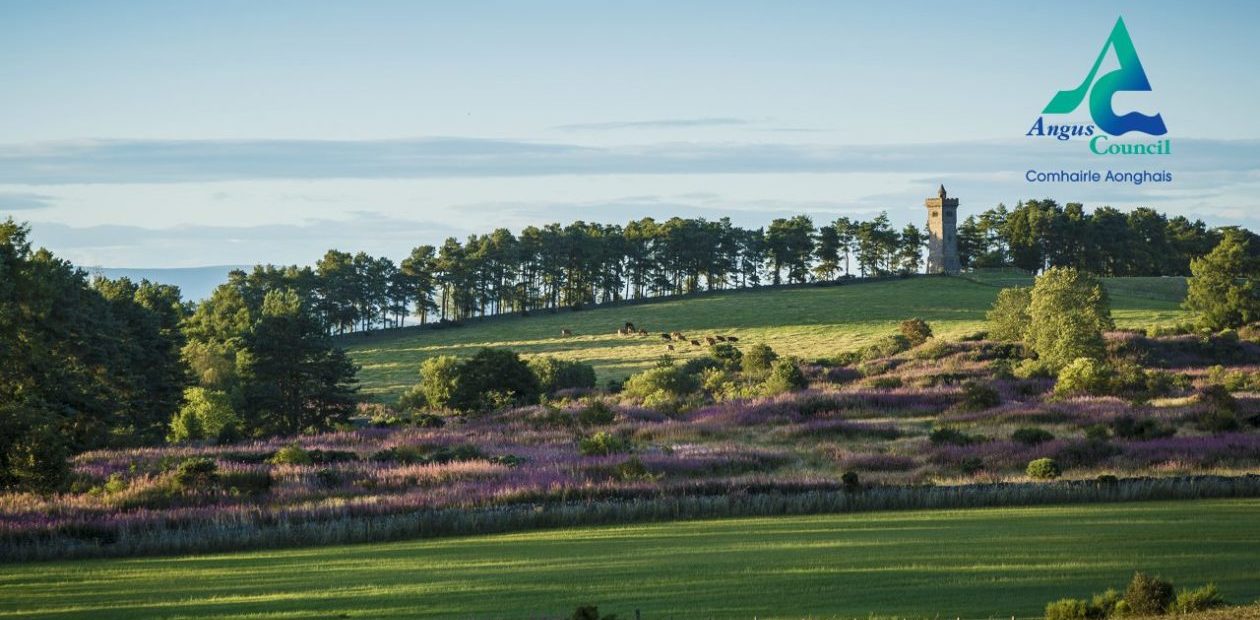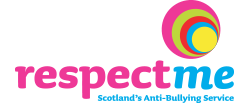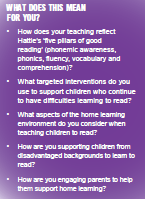posted by Fiona Dawson, Catering Advisor, People
The above is the School Lunch Menu change which comes into effect as from April 2016

posted by Claire Meenan, Just Play Practitioner, People
The PlayTalkRead bus is coming to Angus from Monday 15th – Friday 19th February 2016. The bus will be hosting free storytelling and rhythm sessions and a range of play and activity sessions for children and their mums, dads and carers, to promote and raise awareness of the benefits of positive parental engagement with simple free activities and resources which parents can take home, with the aim that they build upon the ideas and activities sessions at home with their children.
We would appreciate your support in inviting and encouraging mums, dads and carers of children aged 0-5 to come along to the PlayTalkRead bus. The activities are open to mums, dads, carers and their children on a drop-in and informal basis during the below opening times. If you have any questions or to enquire about group visits please contact Sarah Sibbert on 0131 664 2308 or email sarah@workingonwheels.org in advance of the date in mind.
Unfortunately, as a service aimed at parent and carers, we are unable to accommodate nursery groups, however we greatly appreciate it if nurseries can promote PlayTalkRead to their families, and encourage the parents to bring their little ones along.
We really appreciate you spreading the word via email, displaying the poster attached, using your social media or just talking about us, to anyone you think may benefit from our service.
The JPEG is for use on social media and the PDF is suitable for printing out.’
posted by Rhonda McFarlane, Funding Officer, Chief Executive’s Department
The Gregg Foundation has announced a new grants programme available to Schools in England, Scotland and Wales. Funded by the 5p levy on carrier bag sales in Greggs shops, the new programme aims to help fund environmental improvements. The new programme is split into two schemes. These are small grants of up to £2,500 and large grants up to £10,000.
Under the small grants programme funding is available to purchase equipment, sessional salary costs, purchase of trees/plants, small capital projects and learning activities. This could include for example a growing project in a local primary school.
The large grants programme will fund larger more ambitious projects such as for example; a school that would like to create an orchard to provide fresh fruit for its pupils. These examples should be used as a guide only. There should also be an educational aspect to the grants to help people learn about their impact on the world around them and preference will be given to projects that support disadvantaged people.
The Foundation are more likely to make grants to local organisations based near Greggs shops.
The closing date for both schemes is the 4th March 2016.
posted by Alita Spink, Schools and Learning Support Officer
Place2Be, a children’s mental health charity, has produced free resources to help schools engage with children and young people around mental health and building resilience. These include Assembly Plans, and advice for teachers, parents and children themselves. Visit the Children’s Mental Health Week website to find out more and download the resources
resources to help schools engage with children and young people around mental health and building resilience. These include Assembly Plans, and advice for teachers, parents and children themselves. Visit the Children’s Mental Health Week website to find out more and download the resources
posted by Alita Spink, Schools and Learning Support Officer
Bullying in Scotland was published by Respect Me (Scotland’s anti-bullying service) in 2014. This research was designed to (i) identify the types of bullying experienced by children and young people, (ii) give a clear picture of where bullying happens (iii) identify from children and young people’s own experience what they feel works and what is less helpful, and (iv) identify where children and young people go online and what technology they use to get there.
research was designed to (i) identify the types of bullying experienced by children and young people, (ii) give a clear picture of where bullying happens (iii) identify from children and young people’s own experience what they feel works and what is less helpful, and (iv) identify where children and young people go online and what technology they use to get there.
A survey was undertaken across 8 to 19 year olds, with 30% reporting experiencing bullying of some kind. Of this thirty percent, 49% experienced bullying in person, 41% experienced bullying both in person and online, and 10% experienced bullying online only. The report showed that a clear majority of those occurring both on and off line actually started in real life. 92% of children and young people reported knowing the person bullying them and 81% consider their online friends to be all or mostly the same friends as they have in real life. The report concluded that “anonymity therefore may not be what is driving bullying online”.
The report considered emotional reactions and the ways children and young people chose to deal with bullying with telling someone else (parent/carer, friend, teacher/staff) all at the top of the list. Gender differences explored in the report included girls being more likely to ignore incidents, walk away, or stand up to bullies, whilst boys were more likely to report joining in, laughing at what happened or fighting the bully. Whilst telling others definitely made those in the survey feel better, getting others involved (such as parents, teachers or friends stepping in) seemed to be more effective in actually stopping the bullying.
The most successful interventions in school were those that tackle the ethos and culture of the school/organisation, rather than just focusing on individual incidents as and when they occur. So, interventions such as buddying, mentoring, and having clear anti-bullying policies were seen as more effective by the children and young people than reporting forms, worry boxes, and playground monitors.
This fits well with the approaches many of our schools are already taking to support and promote good health and well-being for all learners using the HWB indicators as a framework; and highlights the importance of true learner engagement and the need for children and young people not only to have their voices heard but their feedback and opinions listened to and acted upon. It is clear from this research that children and young people employ a range of strategies to cope with bullying; some are more successful than others. Some will make them feel better without actually stopping the bullying. This is still a vital part of responding to bullying, strategies that make children and young people feel better will increase their sense of agency and promote resilience.
Adults need to promote these coping strategies as well as promote and utilise strategies that help stop the behaviour too. It is not a case of one or the other but using a range of strategies that help people cope and reduce the impact of behaviour as well as ones that can stop bullying.
posted by Moyra Hood, ESO Literacy, Schools & Learning
A new research briefing paper on Early Reading has just been published by Education Scotland as part of the Knowledge into Action resource to support practitioners with the Scottish Attainment Challenge.
 This briefing uses published research, including small and large scale studies and reviews, to explore what teachers can do to support early reading skills. It has a particular focus on meeting the needs of children from disadvantaged backgrounds.
This briefing uses published research, including small and large scale studies and reviews, to explore what teachers can do to support early reading skills. It has a particular focus on meeting the needs of children from disadvantaged backgrounds.
Teachers, local authority staff and others may find it a useful starting point in becoming familiar with what the research tells us are the key reading skills that children aged 4-8 require and ask themselves what they are doing to improve outcomes.
It is worth noting that it supports all the messages  we have been promoting through the Angus Council Early Years Reading Toolkit launched at the end of last session and the associated CLPL which we have been delivering this year.
we have been promoting through the Angus Council Early Years Reading Toolkit launched at the end of last session and the associated CLPL which we have been delivering this year.
Glow Blogs uses cookies to enhance your experience on our service. By using this service or closing this message you consent to our use of those cookies. Please read our Cookie Policy.